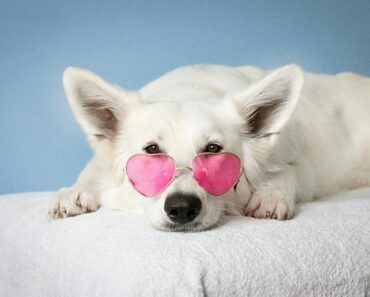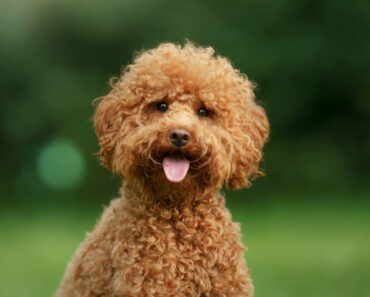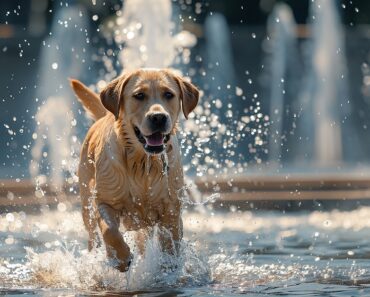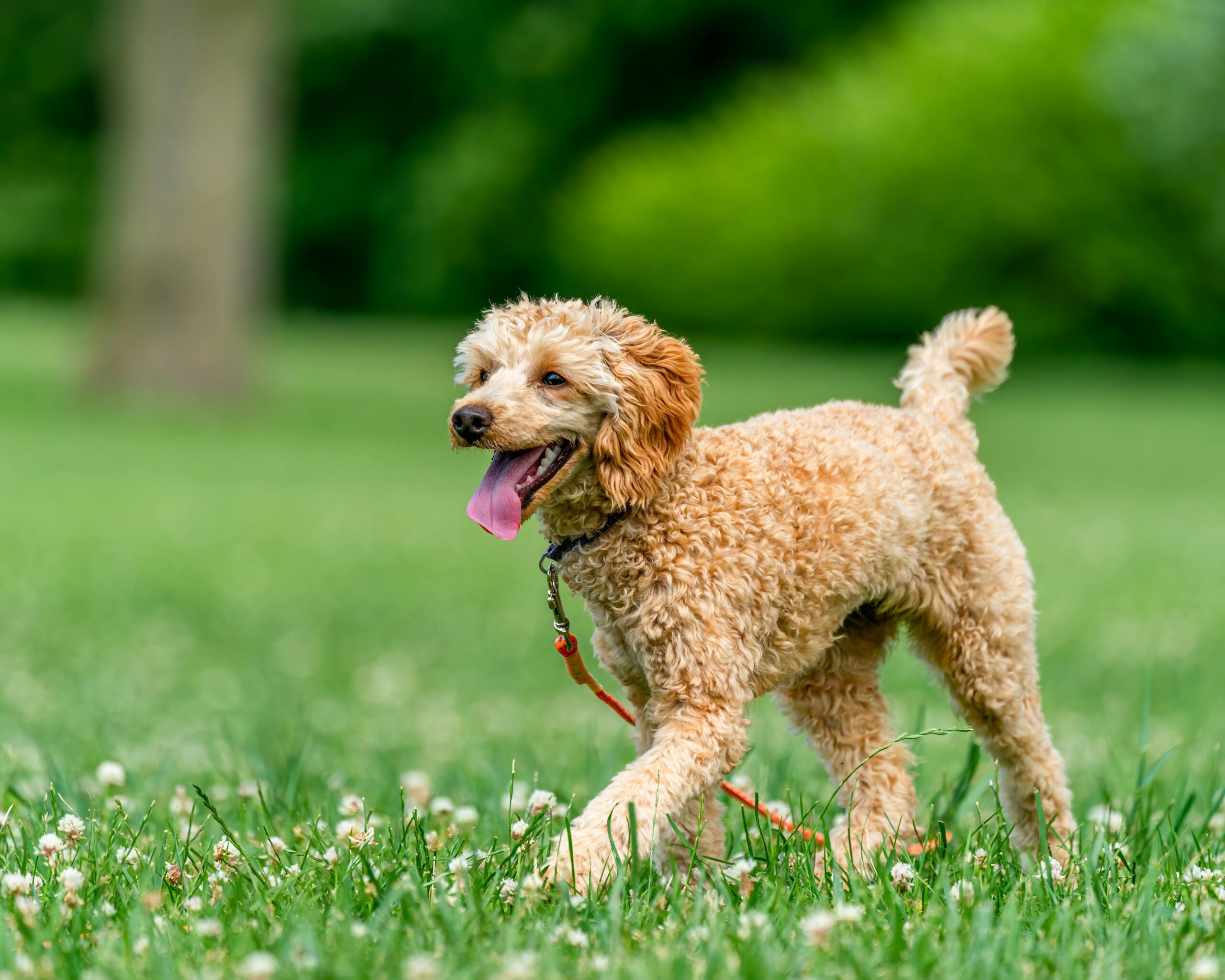
- Introduction
The poodle is a breed that has captured the hearts of dog lovers worldwide with its intelligence, elegance, and versatility. Originating in Germany as a water retriever, the Poodle has evolved into a symbol of sophistication and charm. Available in three sizes—Standard, Miniature, and Toy—Poodles are known for their distinctive curly coat and lively personality. This article delves into the history, characteristics, care, and training of Poodles, providing a thorough understanding of what makes this breed so exceptional. Three detailed tables will offer additional insights into their characteristics, health, and training requirements
History and Origin of the Poodle
The Poodle’s history is as rich and varied as the breed itself. Although commonly associated with France, where it became the national dog, the Poodle actually originated in Germany. The name “Poodle” is derived from the German word “Pudil,” meaning “to splash in water.” This is fitting, as Poodles were originally bred as water retrievers, particularly for hunting ducks.
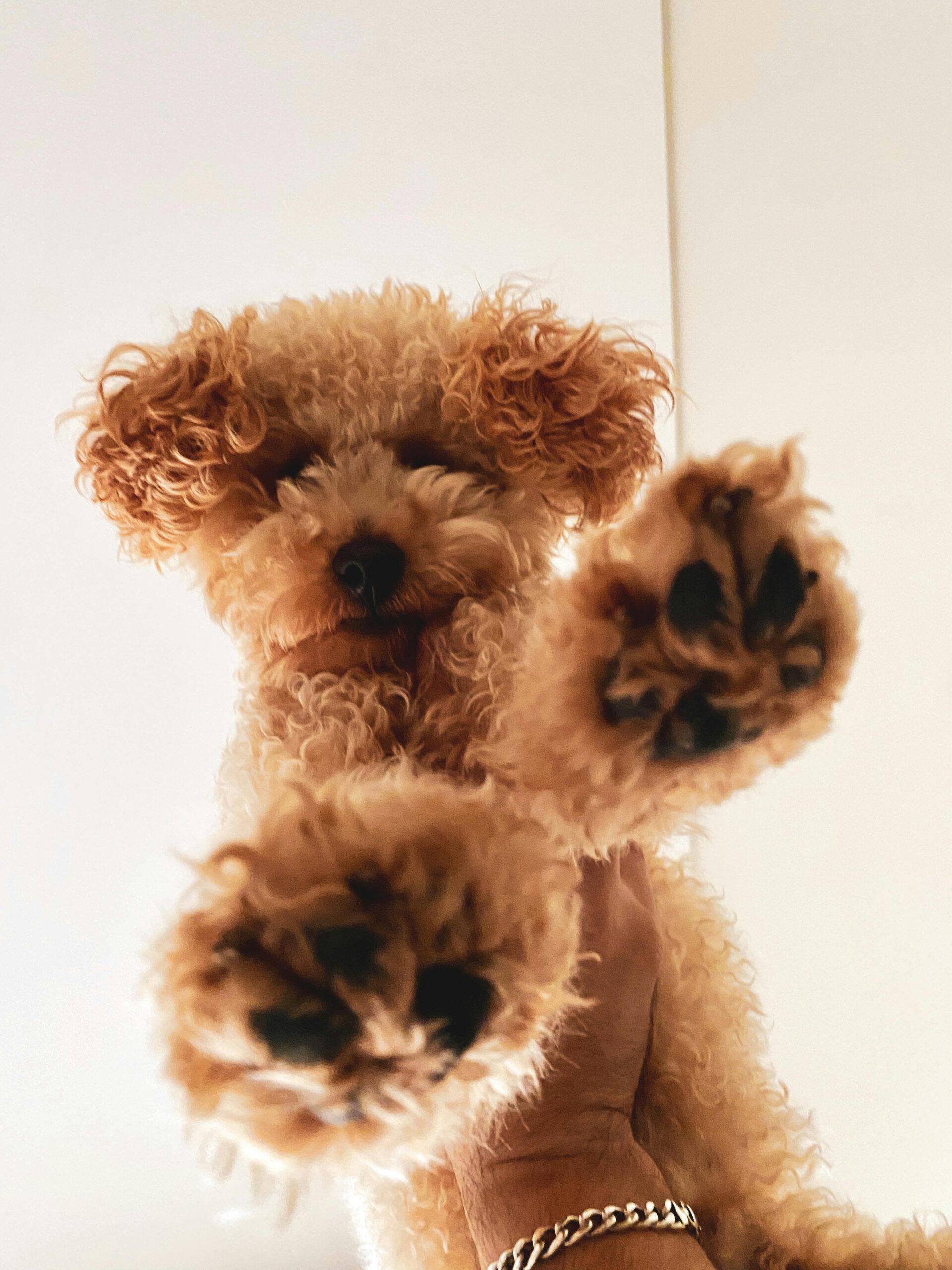
The breed’s early history saw the Standard Poodle being the primary size, used by hunters for its exceptional swimming ability and intelligence. Over time, the breed was refined in France, where it became a favorite among nobility. The Miniature and Toy Poodle varieties were developed later, primarily for companionship, particularly for those who admired the Standard Poodle but desired a smaller version.
Characteristics of the Poodle
Poodles are known for their distinctive appearance and personality. They have a highly recognizable curly coat, which is hypoallergenic, making them a popular choice for people with allergies. Their coat comes in various colors, including black, white, apricot, and grey.
Table 1: Poodle Sizes and Characteristics
| Size | Height (at shoulder) | Weight | Common Uses |
|---|---|---|---|
| Standard | 15 inches and above | 40-70 pounds | Hunting, service work |
| Miniature | 10-15 inches | 10-15 pounds | Companion, performance |
| Toy | Under 10 inches | 4-6 pounds | Companion, performance |
Despite their elegant appearance, Poodles are highly athletic and require regular physical activity. They are also known for their intelligence, ranking as one of the most trainable breeds. This combination of brains and beauty makes them a popular choice for dog sports, such as agility, obedience, and even dock diving.
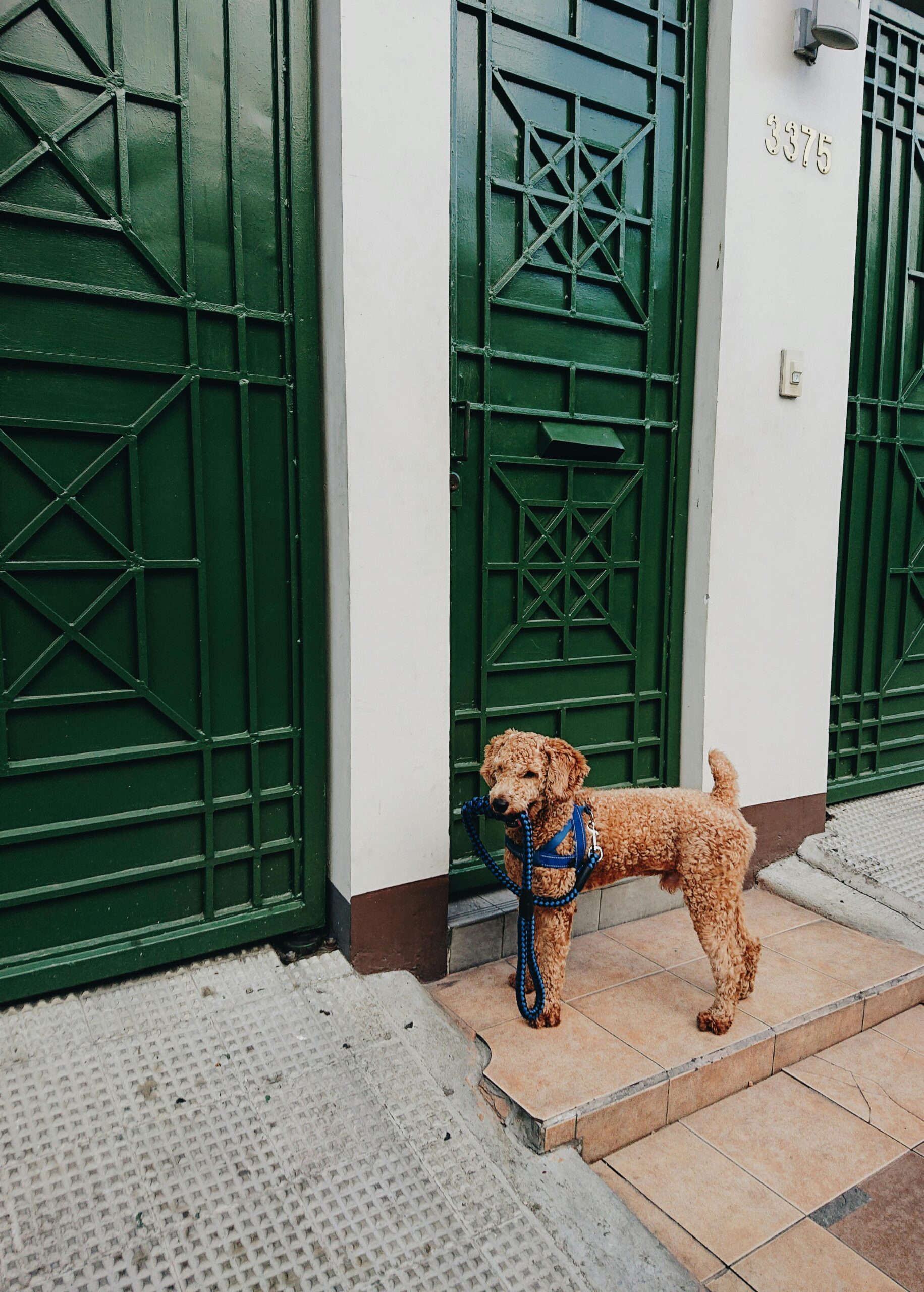
Poodle Temperament
Poodles are renowned for their intelligence and are often described as one of the most trainable dog breeds. They are quick learners, capable of picking up new commands and tricks with ease. This intelligence, however, means that they require mental stimulation to prevent boredom, which can lead to destructive behavior.
Poodles are also known for their lively and friendly nature. They are typically good with children and other pets, making them excellent family dogs. However, they can be somewhat reserved around strangers, particularly the Toy and Miniature varieties. Proper socialization from an early age is essential to ensure a well-rounded temperament.
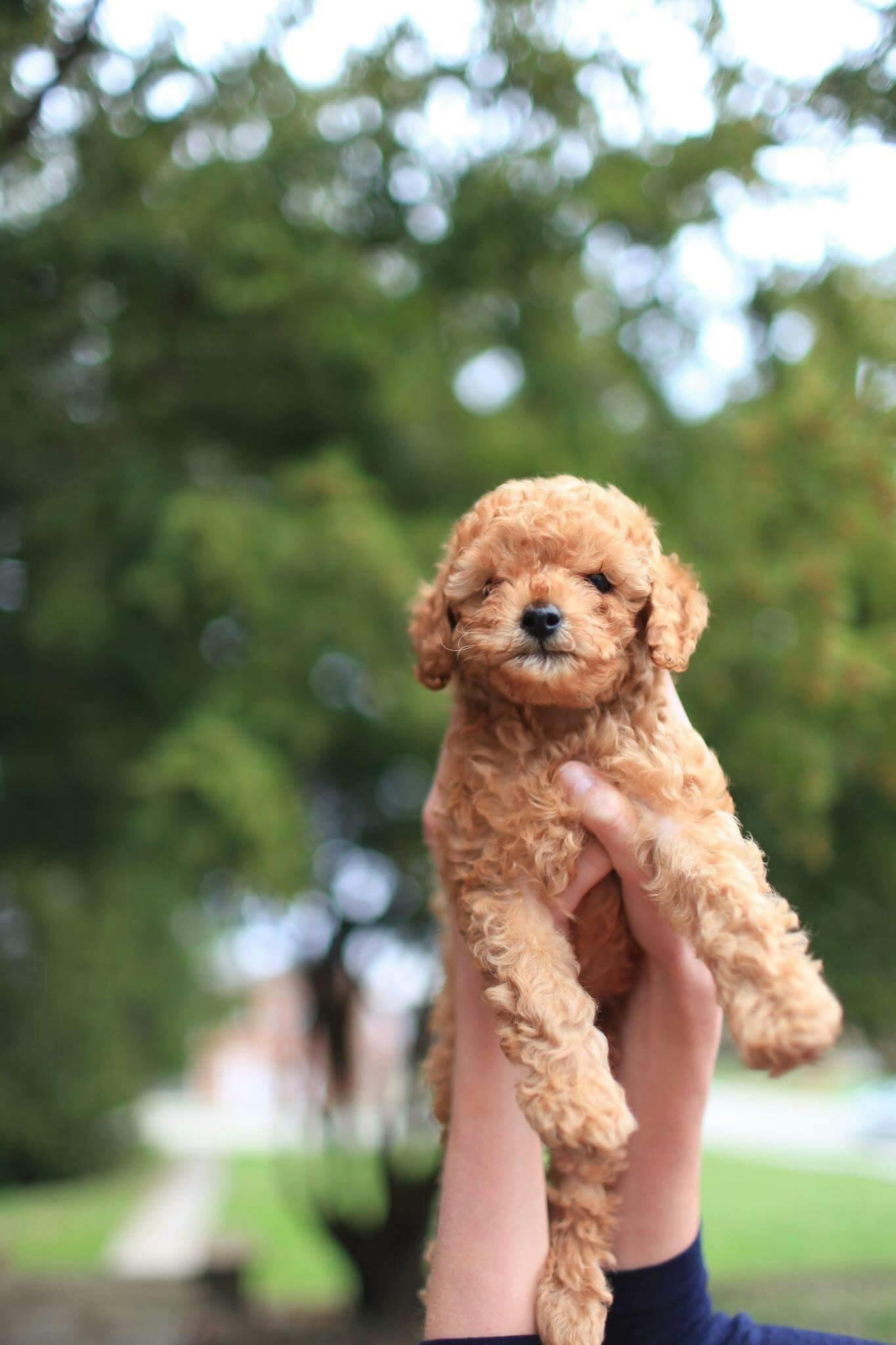
Grooming and Care
One of the most defining characteristics of the Poodle is its coat. Unlike many breeds, Poodles do not shed in the traditional sense, making them a hypoallergenic option. However, their curly coat requires regular grooming to prevent matting. Many Poodle owners choose to have their dogs professionally groomed every 4-6 weeks, although learning to groom at home is also an option.
Table 2: Poodle Grooming Needs
| Grooming Task | Frequency | Description |
|---|---|---|
| Brushing | 3-4 times per week | Prevents mats and tangles in the curly coat |
| Bathing | Every 4-6 weeks | Keeps the coat clean and skin healthy |
| Professional Grooming | Every 4-6 weeks | Trimming, clipping, and styling the coat |
| Ear Cleaning | Weekly | Prevents infections, common in floppy ears |
| Nail Trimming | Every 3-4 weeks | Maintains foot health and comfort |
In addition to grooming, Poodles require regular exercise. Despite their sophisticated appearance, they are active dogs that enjoy activities such as running, swimming, and playing fetch. The Standard Poodle, in particular, needs more vigorous exercise compared to its Miniature and Toy counterparts.
Health and Lifespan
Poodles are generally a healthy breed, but like all dogs, they can be prone to certain health conditions. Common issues include hip dysplasia, epilepsy, progressive retinal atrophy (PRA), and Addison’s disease. Regular veterinary check-ups and a healthy diet are crucial in maintaining a Poodle’s health.
The lifespan of a Poodle varies depending on its size. Generally, the smaller the Poodle, the longer its lifespan. Toy Poodles can live up to 18 years, while Standard Poodles typically live between 12-14 years.
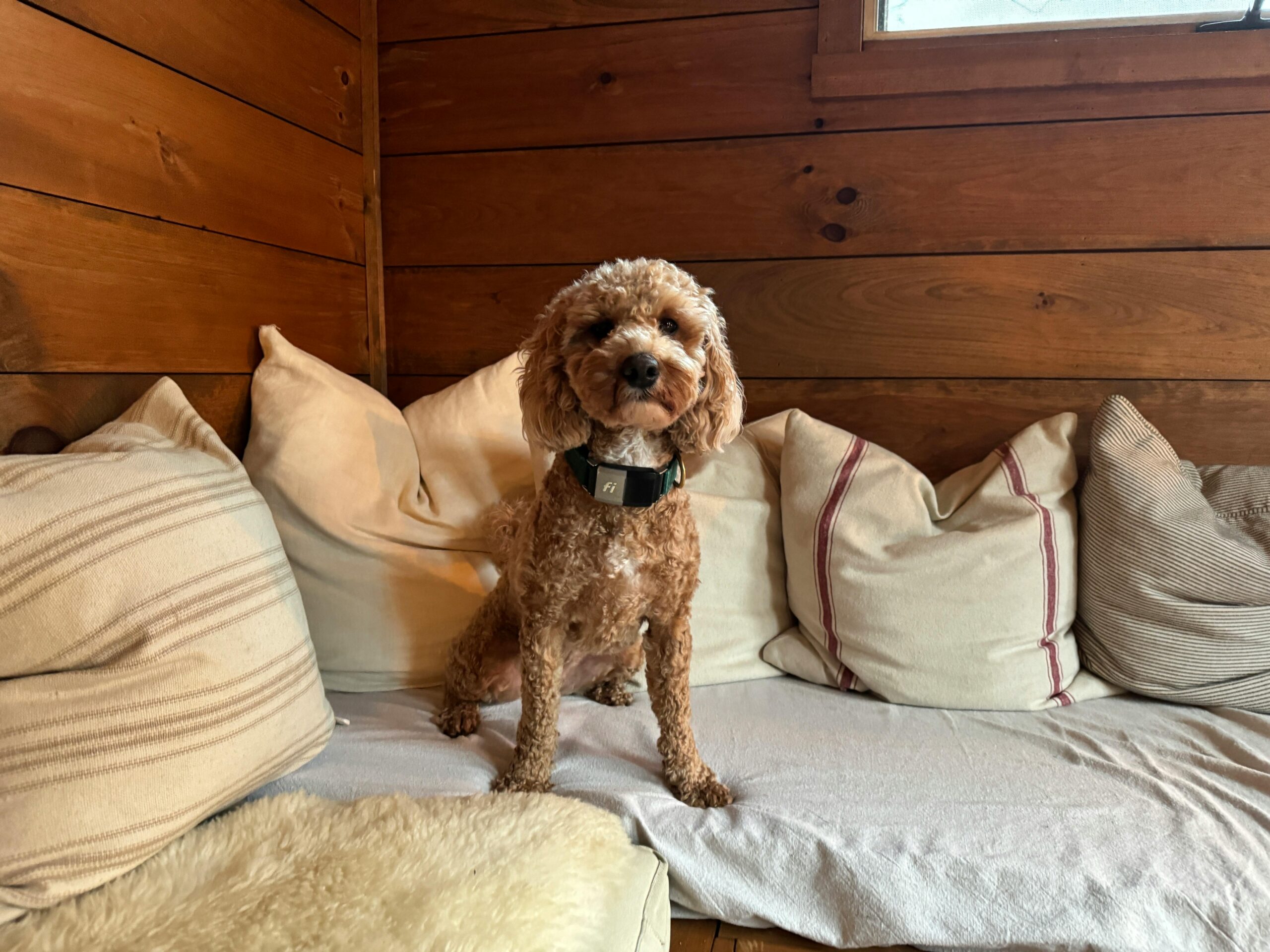
Table 3: Common Health Issues in Poodles
| Health Issue | Description | Frequency | Preventative Measures |
|---|---|---|---|
| Hip Dysplasia | A genetic condition causing improper hip joint development | Common in Standards | Regular vet checks, maintaining healthy weight |
| Progressive Retinal Atrophy (PRA) | An inherited disease leading to blindness | Common in all sizes | Genetic testing before breeding |
| Epilepsy | A neurological disorder causing seizures | Fairly common | Medication, regular vet care |
| Addison’s Disease | A disorder of the adrenal glands, causing a lack of necessary hormones | Less common | Regular blood tests, early diagnosis |
Training and Socialization
Training a Poodle is often a rewarding experience due to their intelligence and eagerness to please. Positive reinforcement techniques, such as treats and praise, work best with this breed. Early training and socialization are crucial to prevent any behavioral issues.
Poodles excel in various dog sports and activities. Their natural agility, combined with their trainability, makes them top performers in obedience trials, agility courses, and even circus acts. The Standard Poodle, with its larger size and strength, is also used in service dog roles, including as guide dogs and therapy dogs.
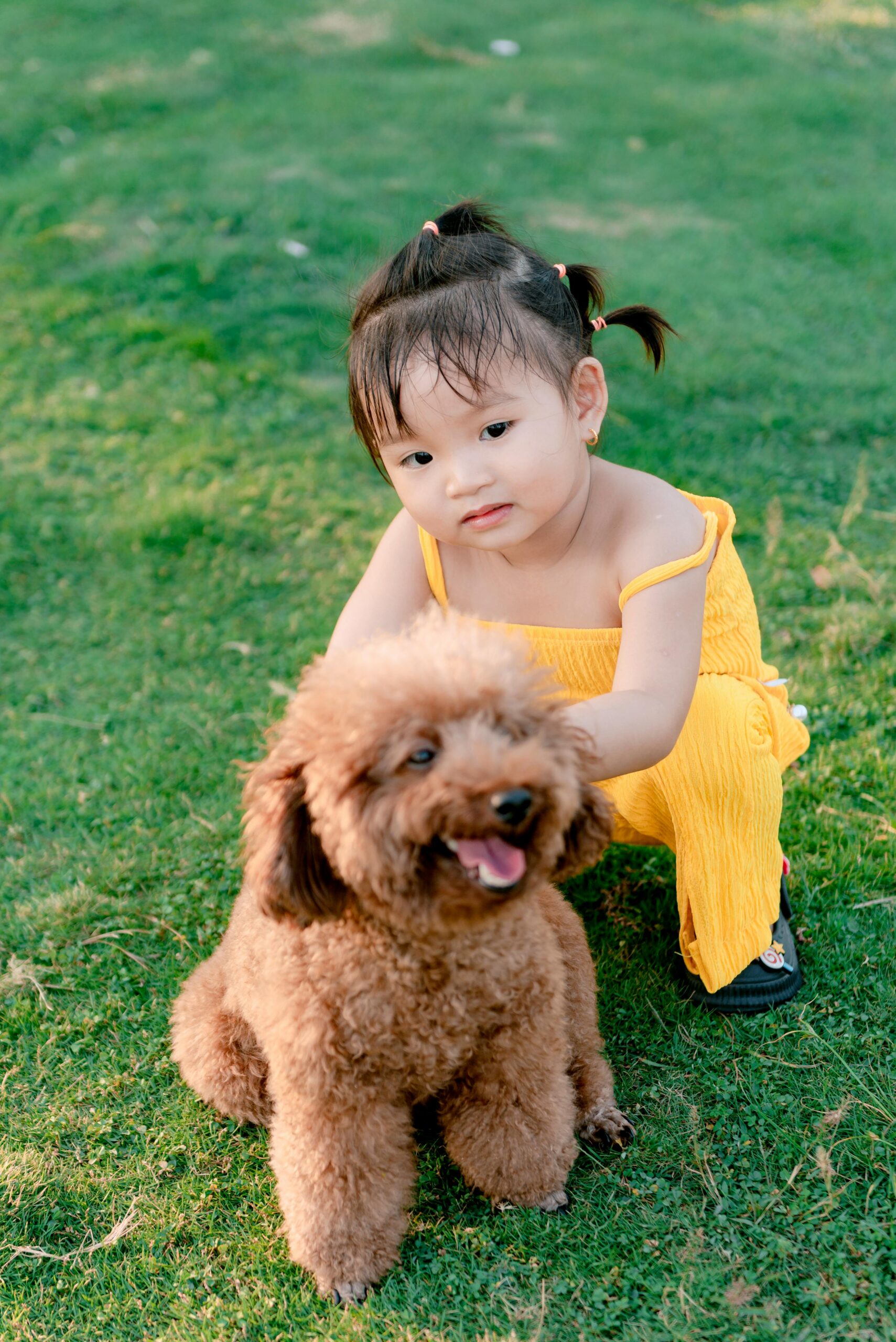
Conclusion
The Poodle is a breed that offers a unique blend of intelligence, athleticism, and elegance. Whether as a family companion, a show dog, or a working dog, Poodles excel in a variety of roles. Their hypoallergenic coat, combined with their friendly and lively nature, makes them a popular choice for many dog lovers.
Understanding the history, characteristics, and care requirements of Poodles can help prospective owners ensure they provide the best possible environment for these remarkable dogs. With proper training, socialization, and care, Poodles can bring joy and companionship to their families for many years.
